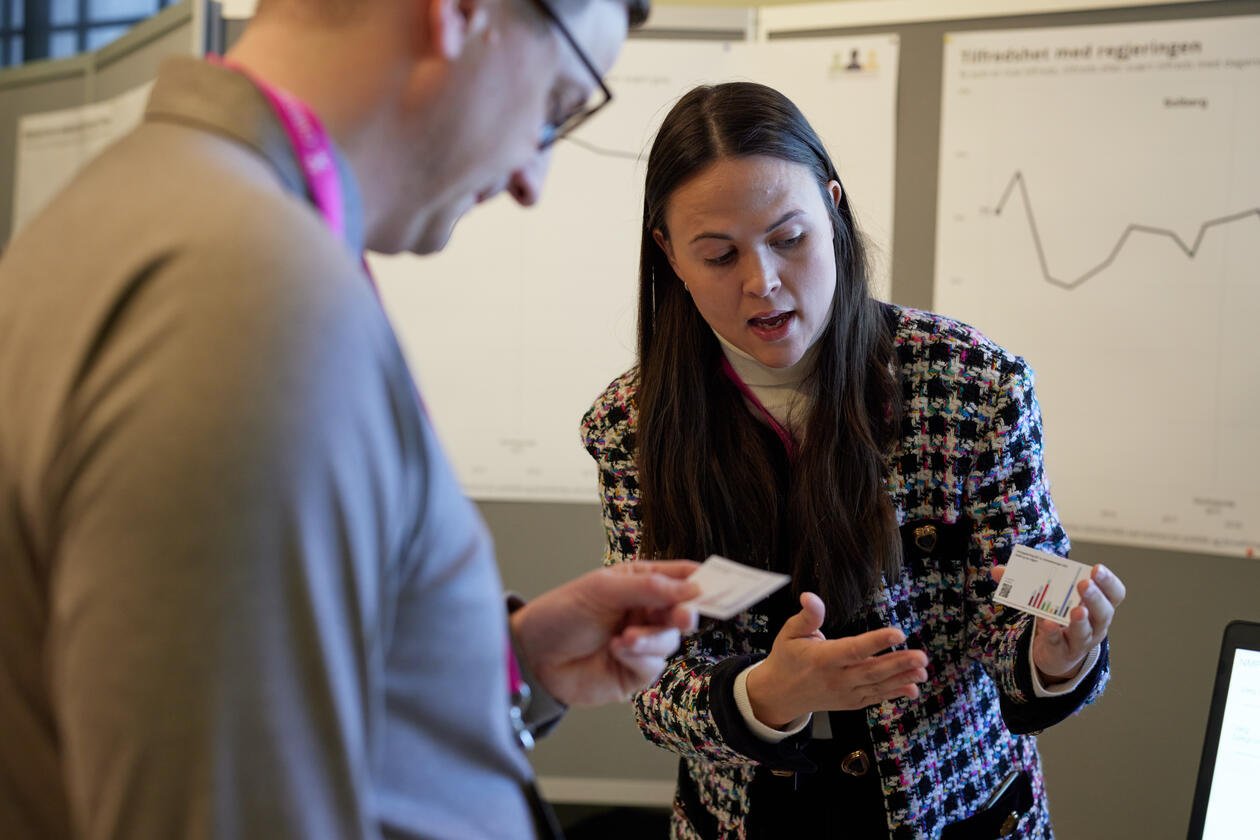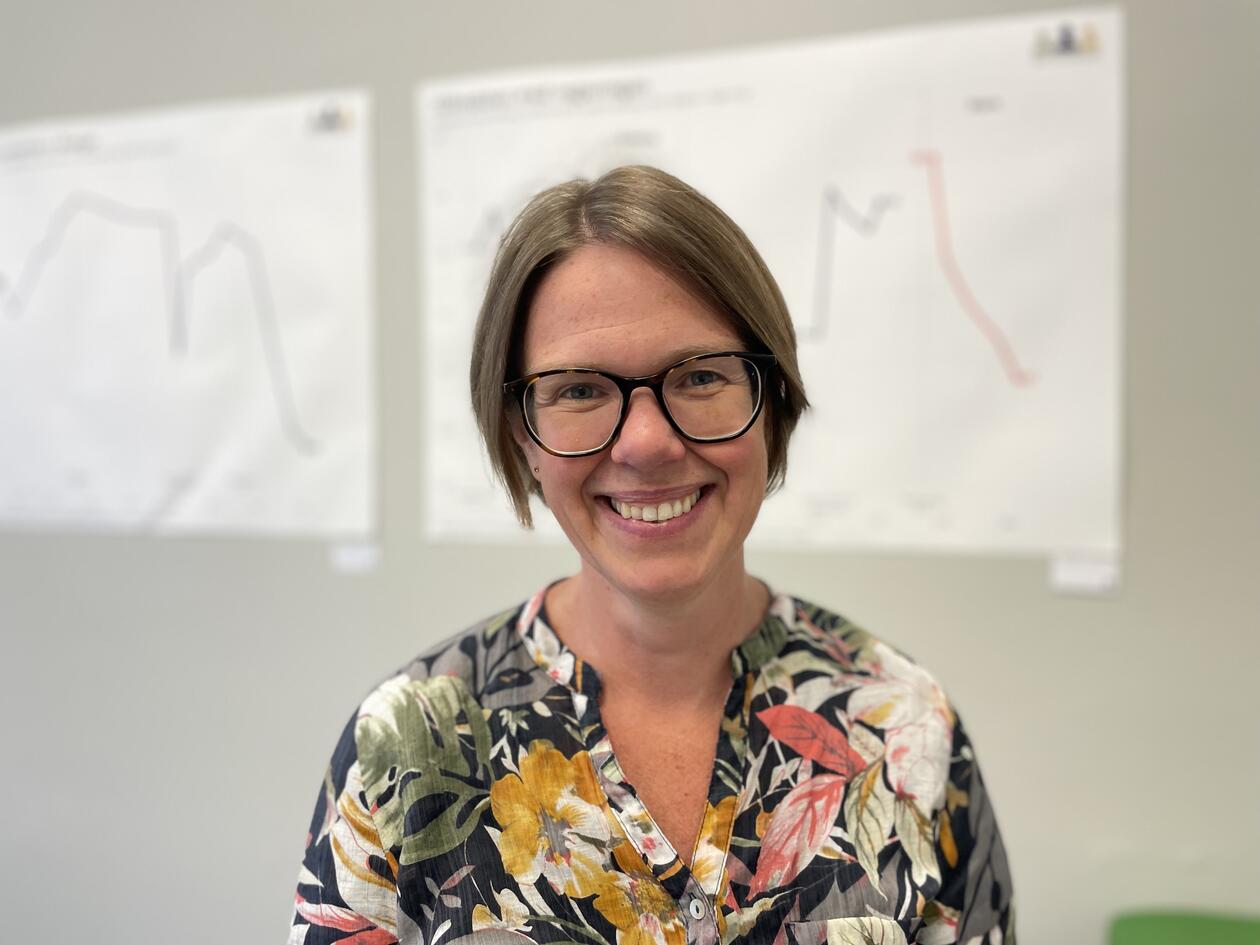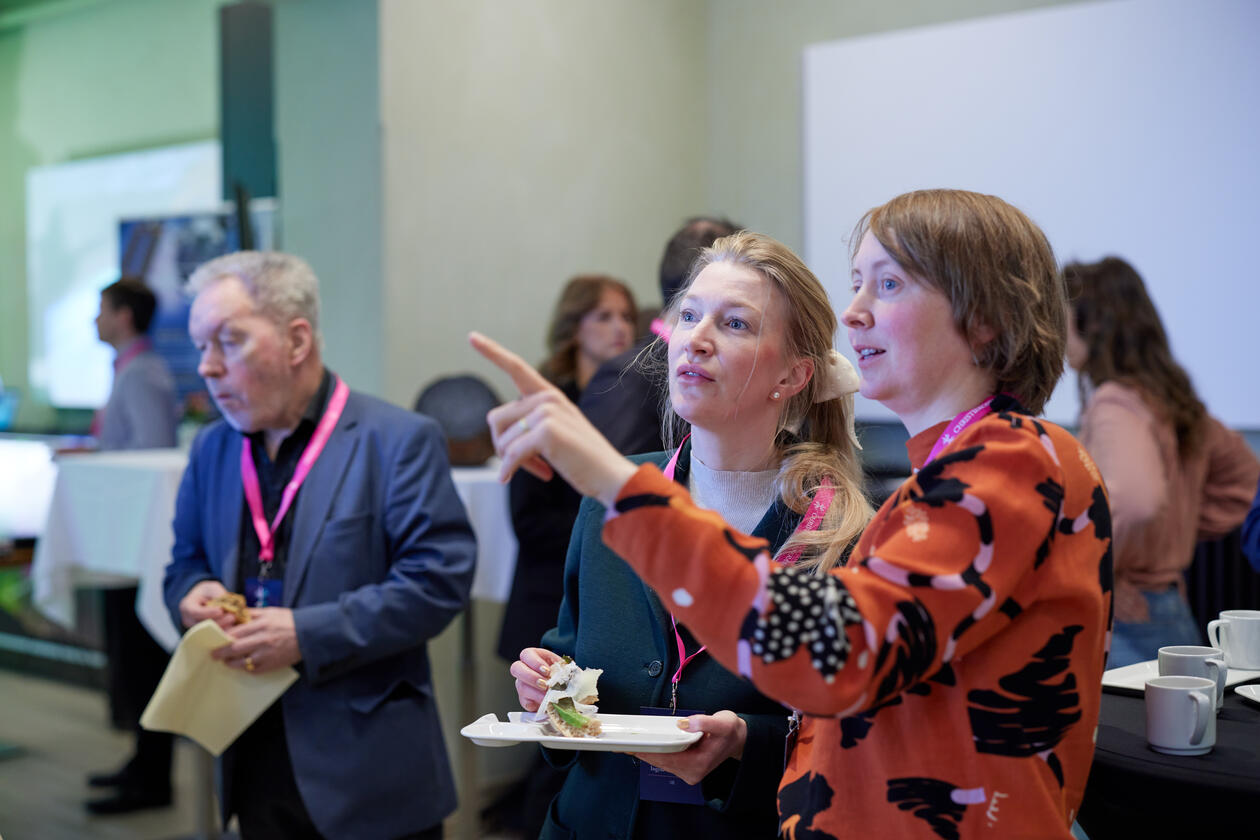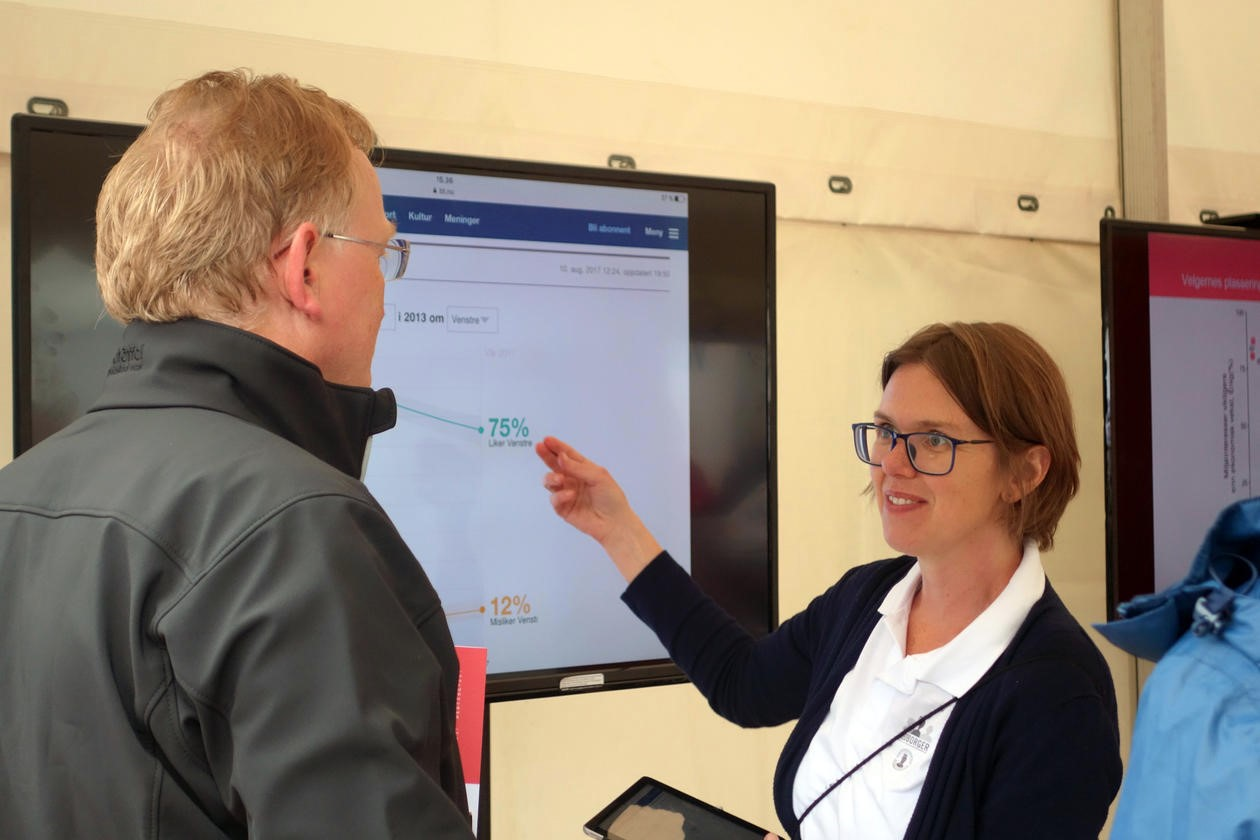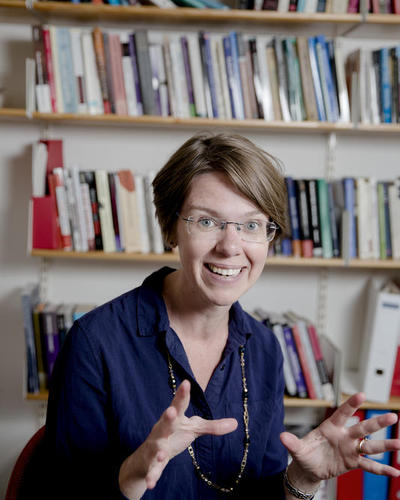10 years of measuring trust in politicians and political attitudes in Norway
Having authoritative data created by independent researchers, who have focused solely on quality, and have no commercial interests, will only become more important in the future, says professor and Academic Director of the Norwegian Citizen Panel at UiB, Elisabeth Ivarsflaten.

Main content
Ten years ago, a small success story began at UiB: the Norwegian Citizen Panel. Every year, more than ten thousand Norwegian citizens across the country willingly contribute to research. They respond to questions about health, climate, economy, diversity, reforms, extremism, social engagement, and much more.
What sets this type of survey apart from «ordinary» surveys is that it measures trends over an extended period, with the same individuals participating in surveys for multiple years.
«This has allowed us to create long-term series, observing how attitudes evolve and how people react to different events,» says Elisabeth Ivarsflaten, Academic Director of the Norwegian Citizen Panel.
Researchers at UiB can utilize this information in ongoing research and teaching, providing insights into changes in party support, trust in politicians, and climate engagement over the past decade.
Planning for long-term data collection
«The Citizen Panel is actually established with a 100-year perspective,» says Ivarsflaten.
A grand anniversary event will take place on November 23 at Vestlandshuset, and is open to everyone. New notes on decade-long trends about Norwegians' attitudes towards immigrants, trust in politicians, concerns about climate change, and key political issues will be presented.
«Fresh data will also be presented. We will discuss findings on topics such as the economy and perceptions of how things are going. We are all curious about the outcomes on trust in politicians; there has been a declining trend for a while. I'm eager to see what the latest data points reveal. I have a feeling it could reach a historical low point,» says Ivarsflaten.
Providing Insights to Politicians
Part of the research from the Citizen Panel gets shared with politicians and decision-makers. «Our research provides a snapshot and can, for example, indicate that something is going wrong with policies surrounding wind turbines. We have seen a significant increase in resistance to land-based wind turbines over the past decade,» says Ivarsflaten.
Efficient Data Collection
The Norwegian Citizen Panel is a fully digital research infrastructure led by the Digital Social Science Core Facility (DIGSSCORE) at UiB. Participants over 18 are randomly selected from the population registry and asked to participate.
«Participants spend about fifteen minutes, three times a year answering some questions. It feels like a regular survey for them, but behind it is a lot of data programming. It allows us to generate a lot of research from those few minutes,» says Elisabeth Ivarsflaten.
Consistent Questions
Certain questions are asked every year: «How much trust do you have in Norwegian politicians?», «How satisfied are you with the democratic system?», «How much do you like the Centre Party?».
«We have figured out that these are wise things to keep an eye on. It helps us learn about societal developments,» says Ivarsflaten.
Inspired by Other Countries
The idea of the Citizen Panel emerged in 2012, with the first data collection taking place exactly ten years ago in November 2013. Similar programs already existed in Sweden, Germany, the Netherlands, and the USA. The Norwegian Citizen Panel has drawn inspiration from and collaborated closely with leading international academic communities in these countries.
Crucial Documentation during the Pandemic
During the Covid-19 pandemic, there was significant interest in data from the Citizen Panel.
«We could monitor trust in politicians in line with the implementation of measures, which was crucial for compliance. What we documented was an enormous support for both the government, the political system, authorities, and measures. There was very little politicization,» she says.
«In hindsight, there may not have been enough criticism and debate. Eventually that came, but it took quite a while. Now we can use the knowledge from the Citizen Panel to reflect on how our society should have responded differently and what contributed to such a high level of trust.»
Ivarsflaten believes that the kind of knowledge the Citizen Panel provides will only become more important in the near future.
«With technological developments, artificial intelligence, «deep fakes», and so on, there will be attempts to influence what we believe about ourselves and what is prevalent in society. Having authoritative data created by independent researchers, solely focused on quality with no commercial interests, will be crucial,» says Ivarsflaten.
